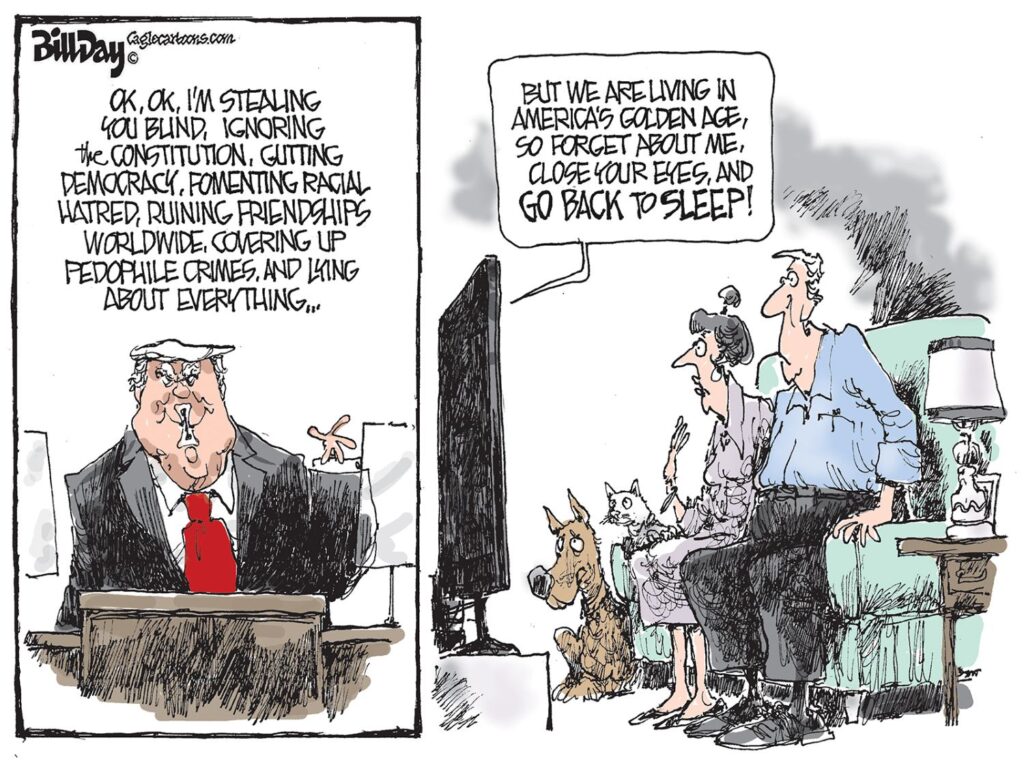Amid Nashville’s busiest stretch ever in delivering tax breaks to corporations, Mayor Karl Dean’s administration and members of the Metro Council have finalized a plan designed to let small businesses cash in as well.
Legislation sponsored by two at-large council members — working in tandem with the mayor’s office — would create a new incentive system allowing Davidson County businesses with 100 employers or fewer to land one-time grants if they create 20 new jobs or more over a year’s time. Positions would have to pay at least $41,000 a year for companies to receive grants, valued at $500 for each new hire and $750 for every U.S. military veteran hired.
The same ordinance, filed last Friday and up for the first of three votes this month, establishes “blighted property reinvestment grants” for developers of commercial properties. In exchange for building within designated districts, primarily in Nashville’s downtown and surrounding neighborhoods, the city would award developers one-time grants equal to 10 percent of costs for exterior improvement.
Developers and land owners could only land this carrot if their properties are valued at less than $1 million and if their investment exceeds $100,000.
“As we have helped larger companies, it’s also important that we help our smaller businesses,” said Jerry Maynard, councilman at large, who has taken the lead on the council’s legislative effort. “This legislation is not in response to, but it complements what we’ve already done over the last two years.
“We want to encourage small businesses to grow,” he said. “As they grow, our economy grows.”
Dean’s economic and development team has piloted 15 tax breaks, the majority since 2010, with most coming in the form of discounts on property tax payments. The council has signed off on every deal with few dissenters, as members point to job creation and the need to be proactive to compete against prosperous Williamson County.
In recent months, the city has approved property tax breaks of all scales: $66 million for health care giant HCA in exchange for moving to two office towers on West End Avenue, $2.3 million to ambulatory surgery company AmSurg to help it build a new Green Hills facility next door to its current building, and $700,000 to aid Seattle-based beef jerky company Oberto in opening a new production plant near 100 Oaks Mall.
For the mayor, whose predecessor never turned to incentives even once, the latest initiative continues the type of approach that has made him popular in pro-business circles — while marking his first policy to offer blanket incentive guidelines.
“This new set of tools expands the way the city can help small businesses thrive and grow,” Dean said. “Small businesses are the bedrock of our economy and employ the vast majority of Nashvillians.”
The scope of the proposal, billed as a pilot project, is limited in a few ways, however.
Dollars the city has given to large companies — including $6.8 million to LifePoint Hospitals for relocating from Williamson County to Davidson County — dwarf even the collective amount smallbusiness owners and developers could net.
The plan caps both the small business and developer funds at $500,000 apiece. Applicants of both could net grants no greater than $50,000 under the plan, which would be distributed on a “first-come, first-served basis.”
According to mayor’s office spokeswoman Bonna Johnson, the mayor would carve out $1 million in next year’s budget to fund the program. Funds would come from Metro’s general fund. The Mayor’s Office of Economic and Community Development would oversee the initiative.
The program would also prohibit several types of small businesses from participating, including restaurants and retail, as well as less desired establishments such as adult entertainment stores, nightclubs, tattoo and body-piercing shops, landfills, wrecker services and cash and loan stores.
Charlie Tygard, an at-large councilman and the bill’s second co-sponsor, called the legislation the “first step” in an evolution of policies aimed at small businesses.
“My goal would be to eventually take it down to the ‘ma-and pa’ level,” Tygard said. “But it’s getting closer to finding the right vehicle for the true small business.”
He also noted grants for commercial developers would only be for building within redevelopment districts overseen by the Metro Development and Housing Agency, which include only properties in the older, urban core of Nashville.
“We’re going to explore identifying zones that are blighted,” Tygard said. “It could be Bellevue Mall, or it could be in Belle Meade or Green Hills — if it’s underutilized.”
The proposal already has support from the council’s loudest critic of tax breaks: Councilman Josh Stites, who has voted against all of them.
Though he called lowering tax rates his preferred method of job growth, Stites said this program makes sense in Metro’s current climate.
“As long as we’re going to play this game … I think small businesses ought to have a seat at the table,” he said.



